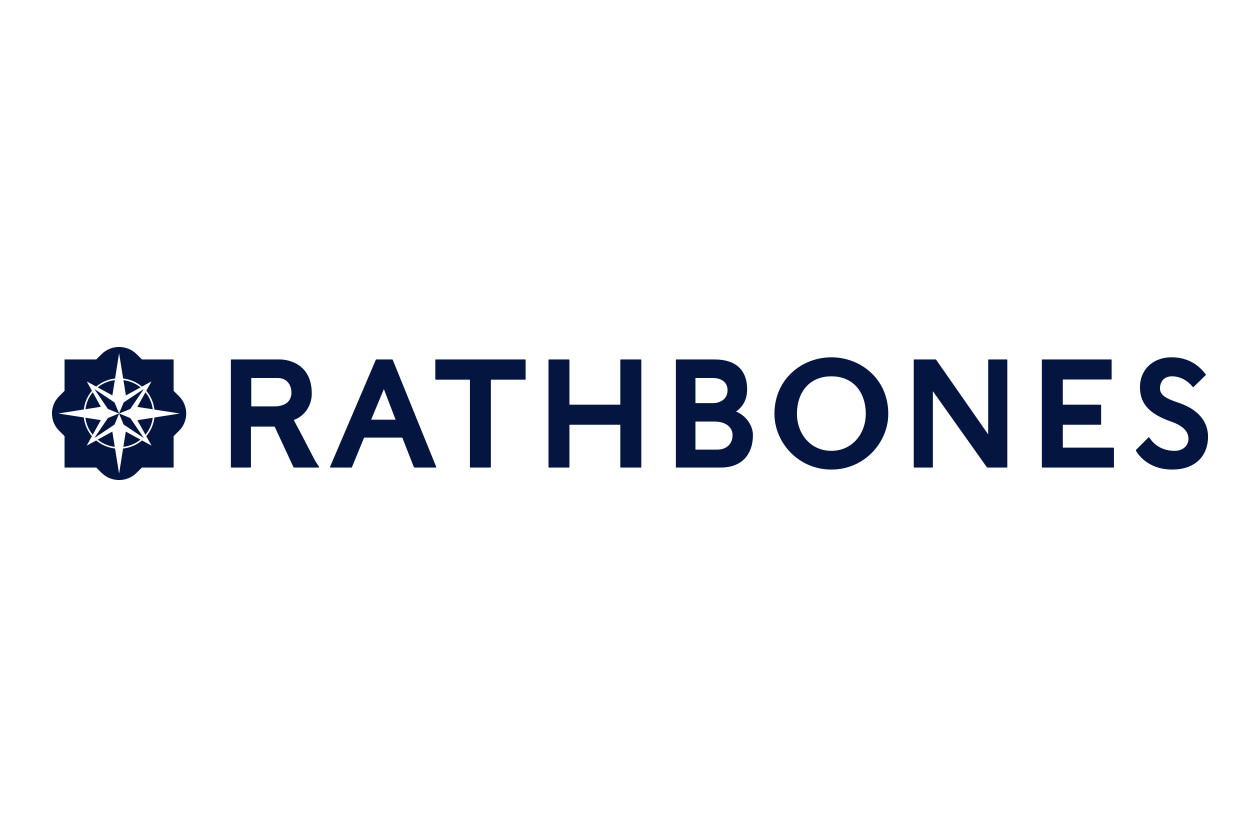James Thomson has managed this fund since 2003 and established a clear and effective investment process
He is supported by deputy manager Sammy Dow and uses research from external company analysts
Long-term performance versus peers has been very good, the fund had a difficult period in 2022 when the managers growth style of investing came out of favour. However, since then performance has continued to be strong
This fund is on our Wealth Shortlist of funds chosen by our analysts for their long-term performance potential
How it fits in a portfolio
Rathbone Global Opportunities aims to grow an investment over the long term by investing in companies from around the globe. The managers mainly focus on developed markets like the US, UK and Europe. Larger companies make up most of the fund, but the managers use their flexibility to invest in some higher-risk medium-sized companies too. The fund’s focus on growth means it could be a useful addition to an adventurous portfolio. It could also complement other funds investing in emerging markets or unloved value companies.
Manager
James Thomson has been lead manager of the fund since November 2003, though his involvement dates to its launch in 2001. Unlike many in the industry, he’s spent his entire fund management career working on this one fund. It receives his full attention, and we believe it fully reflects his investment philosophy. Over time he’s navigated the fund through a range of market conditions, including the 2008 global financial crisis. Although, like many, the fund didn’t come out unscathed, we think Thomson came away from the experience a better manager. He learnt valuable lessons and has shaped the fund differently as a result.
Thomson is supported by deputy manager Sammy Dow, who joined Rathbones from JP Morgan Cazenove in July 2014. Up until that point his experience was primarily in equity sales, but he’s taken well to life as a fund manager and has a great mentor in Thomson. Since November 2018 he’s also managed another fund investing globally for institutional clients.
The duo has access to internal analysts at Rathbones, but they prefer to use a combination of both in-house and external research. Thomson’s performance to date suggests it works to good effect. We believe he’s a skilled stock picker with a good long-term track record in the IA Global sector, although past performance is not a guide to the future.
Process
Thomson and Dow aim to invest in companies they consider to be under the radar or those that have been shunned by other investors but still have potential to grow over the long term. They may hold onto these companies as they get bigger or become recognised by more investors to benefit from the potential for longer-term success. Rather than using extensive quantitative tools, the managers use a combination of their experience and internal and external analysts to generate ideas. This helps build a 360 degree view of the company through a range of lenses.
Detailed company analysis is used to assess whether they have the ingredients for what Thomson calls ‘the secret sauce’ – a nod to his American heritage. Typically, these companies should be easy to understand with hard-to-replicate advantages and the ability to gain more customers over time. They also favour those with unblemished pasts, rather than companies that are waiting for a catalyst to recover. The managers have tended to avoid companies with lots of debt and those whose fate is tied to the health of the wider economy. Meetings with company management also play a big role, and they prefer visionary and flexible management teams that under promise and overdeliver.
Over the past year, the managers have marginally increased the fund’s exposure to US companies. They believe some of the most interesting investment opportunities are based there, and the US currently accounts for 69.22% of the fund.
In terms of sectors, they have increased their investments in technology. Despite having to trim US semiconductor company Nvidia numerous times over the last 12 months as it neared the fund's 4% stock limit. Thomson and Dow added French technology and defence company Thales and US cloud-based software company ServiceNow. They also bought Danish healthcare company Novo Nordisk.
In order to buy these new investments Thomson and Dow sold several companies as well. This includes French alcoholic beverage company Remy Cointreau, US agriculture and machinery company Deere & Co, Dutch payment company Adyen NV, Swedish industrial company Sandvik AB and US real estate company CoStar.
While Thomson can invest in higher-risk emerging markets, he tends to invest little, and sometimes none of the fund, in this part of the world. The fund does not currently invest in any companies based in emerging markets, though, given their global nature, some companies make part of their profits from emerging economies.
Culture
We have a positive view of Rathbones as a parent company. Having been founded in 1742, it’s got plenty of history and tradition behind it. But the company’s also moving with the times with an increased focus on responsible investment. Importantly for the fund, the company allows Thomson the freedom to run it his way without imposing any ‘house views’ on him, although of course challenge and risk management is provided.
The managers are a tight-knit duo, which we believe plays to their strengths, and operate in an environment where challenge and debate are encouraged. They’re incentivised to focus on the longer rather than short-term performance of the fund. This aligns interests with long-term investors, which we view as a good thing.
ESG integration
At firm-level, Rathbones recognises that governance and other non-financial risks can be material factors when analysing investment risk and returns. Rathbones fund managers have been encouraged to integrate ESG into their investment processes in recent years, but we think the quality of ESG integration varies from fund to fund.
That said, Rathbones does have a range of responsible products, where ESG issues are considered in a more structured way. The responsible funds benefit from the input of Greenbank, a team with more than two decades’ experience delivering specialist ethical and sustainable investment portfolios.
The firm actively engages with companies on ESG issues and prioritises engagement where they feel they can make a real difference in addressing the world’s systemic environmental and societal challenges. Engagement progress is reported in the firm’s annual Responsible Investment report, as is a summary of voting activity. There is also a ‘Responsible Investment Insights’ page on the firm’s website, home to a wide range of thought leadership articles.
Although this fund is not designated a ‘sustainable’ fund, the managers integrate ESG into their process and believe it can be a long-term risk to a company.
Cost
The fund usually has an annual ongoing charge of 0.77%, but with a 0.26% saving it’s available to HL clients for 0.51%. This is one of the lowest charges among actively-managed global funds and we think it represents good value for Thomson’s best ideas. The HL platform fee of up to 0.45% per year also applies, except in the HL Junior ISA, where no platform fee applies.
Performance
The fund has performed well since Thomson started managing it in November 2003. Over this time, he’s returned 1142.63%* vs 498.87% for the average fund in the IA Global sector. While the manager’s growth style has contributed to his performance, our analysis suggests his stock selection has been the primary driver of returns. As always, past performance is not a guide to future returns and there will be times the fund falls in value, so you could get back less than you invest.
Over the longer term, the fund has tended to grow faster than the global stock market when it’s rising, due to a focus on companies with strong growth potential. It’s also held up slightly better when markets fall as the manager invests in some companies with more defensive qualities. The fund won’t necessarily perform this way all the time though – for example, in 2022 the fund fell further than the market partly due to the growth-focused investment style falling out of favour with investors.
Over the last 12 months the fund has continued its strong performance. Over this time, the fund has returned 20.41% outperforming the IA Global sector average which returned 14.51%. Performance continues to be driven by Thomson’s strong stock selection. Over this period, our analysis suggests the fund’s investment in US semi-conductor Nvidia was the largest contributor to returns. Nvidia has been one of the largest beneficiaries of the advancements in artificial intelligence (AI). US wholesale business Costco also performed well, as did US healthcare company Boston Scientific and Industrial company Cintas.
On the other hand, the fund’s investment in Dutch payment company Adyen NV was the largest detractor over the last 12 month and has since been sold by Thomson. Alcoholic beverage company Remy Cointreau also performed poorly and subsequently sold.
We expect the fund to perform well over the long run. That said, the fund can be more volatile than others in the Global sector and is less likely to perform well when growth investing is out of favour or while inflation is rising.
Annual percentage growth
30/06/2019 - 30/06/2020 | 30/06/2020 - 30/06/2021 | 30/06/2021 - 30/06/2022 | 30/06/2022 - 30/06/2023 | 30/06/2023 - 30/06/2024 | |
|---|---|---|---|---|---|
Rathbone Global Opportunities | 19.32% | 24.37% | -17.51% | 17.18% | 20.41% |
IA Global | 5.24% | 26.02% | -8.74% | 10.74% | 14.51% |


